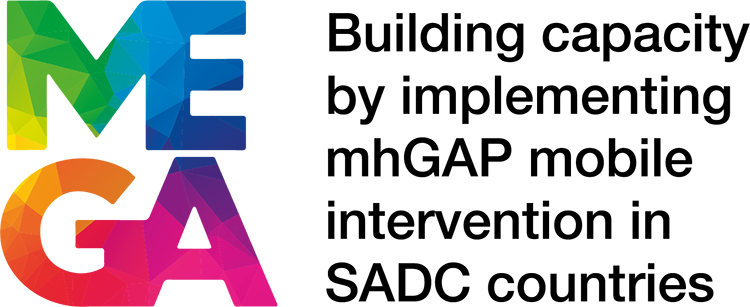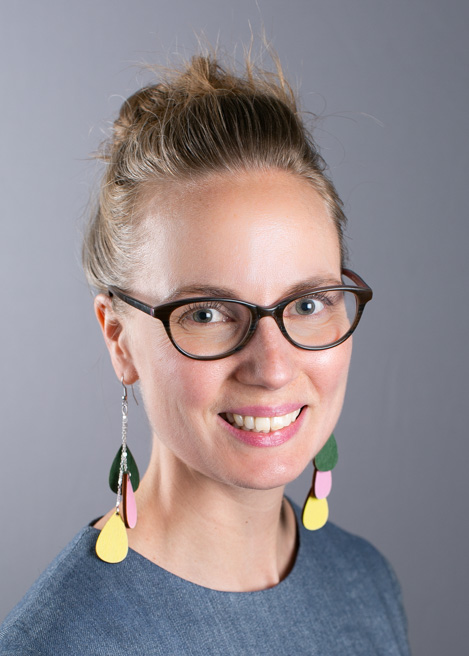MEGA – Building Capacity by Implementing mhGAP Mobile Intervention in SADC Countries
Project duration
Source of funding
Erasmus+ Capacity Building for Higher Education
Total funding
953 849 €
Promoting mental health is one of the main targets of UN´s SDG 2030. It has raised focus on the prevention and treatment of non-communicable diseases, including children and adolescents mental health disorders, which constitute a major challenge for sustainable development. Keeping young people healthy has a positive impact on productivity and competitiveness, thus new innovations are needed to find new solutions to promote mental health and prevent depression.
Half of the mental problems start before the age of 14. The environment has direct and indirect effects on mental health. Environmental influences should be taken more into account with adolescents. Exposure to poor environmental conditions is not randomly distributed and tends to concentrate among the poor and ethnic minorities. We focus more attention on the health implications of multiple environmental risk exposure.
The project has concrete outputs:
- To map the SADC countries landscape related to primary health care workers
- To develop mobile application of WHO’s mhGAP IG child and adolescent depression part
- To develop eLearning materials and innovation pedagogy solutions
- To train the trainers and educate primary health care workers
- To implement and evaluate the mobile version of mhGAP child and adolescent depression version
- To disseminate the results on policy, HEI, professional and public
- To raise knowledge about environmental influence on mental health.
The quality, modernization and capacity building of HEIs in SA and Zambia is achieved by introducing innovation pedagogy related to mental health education. As a result the HEIs will be able to reach the Higher Education to the European standards. Our main innovative elements are scaling up a child and adolescent mental health service, developing mhGAP-IG 2.0 mobile application for depression in South-Africa and Zambia and implementing it. Outcomes will benefit health care professionals at local level by increasing their competence.


Contact Us
Partners
- Riga Technical University, Latvia
- Hamburg University of Applied Sciences HAW, Germany
- University of Zambia, Zambia
- University of Pretoria, South-Africa
- Walter Sisulu University, South-Africa
- University of Cape Town, South-Africa
- Stellenbosch University, South-Africa
- Lusaka Apex Medical University, Zambia
- University of the Free State, South-Africa
Get to know the research group
-
Research groups
Mental Health Promotion
See all our projects
We carry out nearly 200 RDI projects annually together with working life and our international partner networks.

